- 01 Feb 2021 17:40
#15154173
@Politics_Observer ;
The very existence of this Forum and the arguments here show that many disagree even now as to the ''best'' or ''most qualified'' to rule, everywhere in all places and at all times there is this contention about it. Ideally we would want the most moral of leaders in power, and it's a great blessing, but it is also as rare as moral persons are themselves.
However, there is another function of government in any society, to restrain everyone at least a little bit so that everyone gets something rather than everyone except a few get nothing. To even have a society means that there is a tacit agreement among it's members to restrain some of our individual greed and desires and allow for the fact of everyone having something of what they wish, even if it means some get more than others. But when a society cannot restrain the greed and envy of it's individual members it's dissolution is near, unless it forces restraint, law and order, upon them. This is even true when the leaders of a society are greedy and selfish themselves, the immoral still put a check on the immoral.
But when the great mass of people learn via demogogues that they can plunder the common funds to reward themselves on some pretext or other, and squeeze other citizens of what they have, the whole society descends into chaos and war.
So on a practical level, I'd say yes, calling for ''the best'' to rule only leads to destruction.
Politics_Observer wrote:@annatar1914
To clarify, what the Greeks meant by "the best" is the best qualified to govern. Plato felt that only a well educated populace in a democracy would elect the "the best" qualified to govern. The notion of "the best" is NOT "the strongest" in the same context as you placed in your above post. "The best" merely means the best qualified to govern. This is why I say the Greeks were right and it makes sense. The Greeks didn't advocate a Darwanian notion of only having "the strongest" or "fittest" to govern. They advocated having "the best qualified" to govern.
@Politics_Observer ;
The very existence of this Forum and the arguments here show that many disagree even now as to the ''best'' or ''most qualified'' to rule, everywhere in all places and at all times there is this contention about it. Ideally we would want the most moral of leaders in power, and it's a great blessing, but it is also as rare as moral persons are themselves.
However, there is another function of government in any society, to restrain everyone at least a little bit so that everyone gets something rather than everyone except a few get nothing. To even have a society means that there is a tacit agreement among it's members to restrain some of our individual greed and desires and allow for the fact of everyone having something of what they wish, even if it means some get more than others. But when a society cannot restrain the greed and envy of it's individual members it's dissolution is near, unless it forces restraint, law and order, upon them. This is even true when the leaders of a society are greedy and selfish themselves, the immoral still put a check on the immoral.
But when the great mass of people learn via demogogues that they can plunder the common funds to reward themselves on some pretext or other, and squeeze other citizens of what they have, the whole society descends into chaos and war.
So on a practical level, I'd say yes, calling for ''the best'' to rule only leads to destruction.











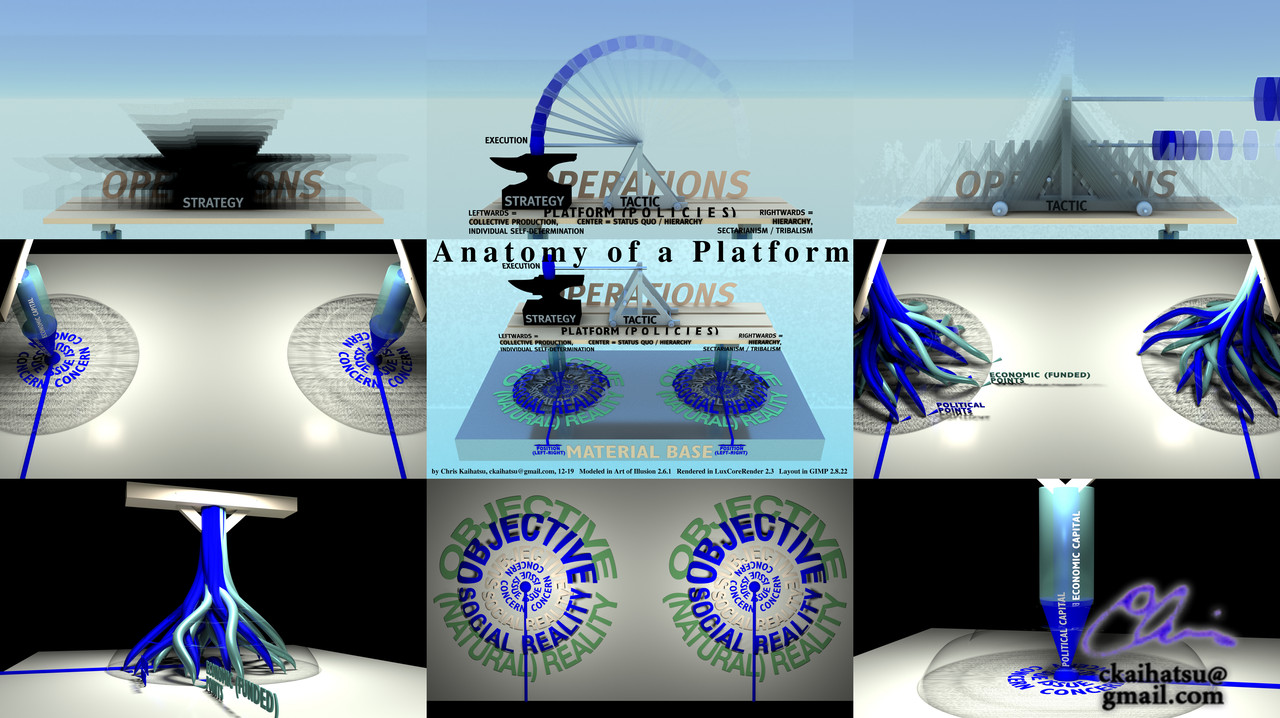

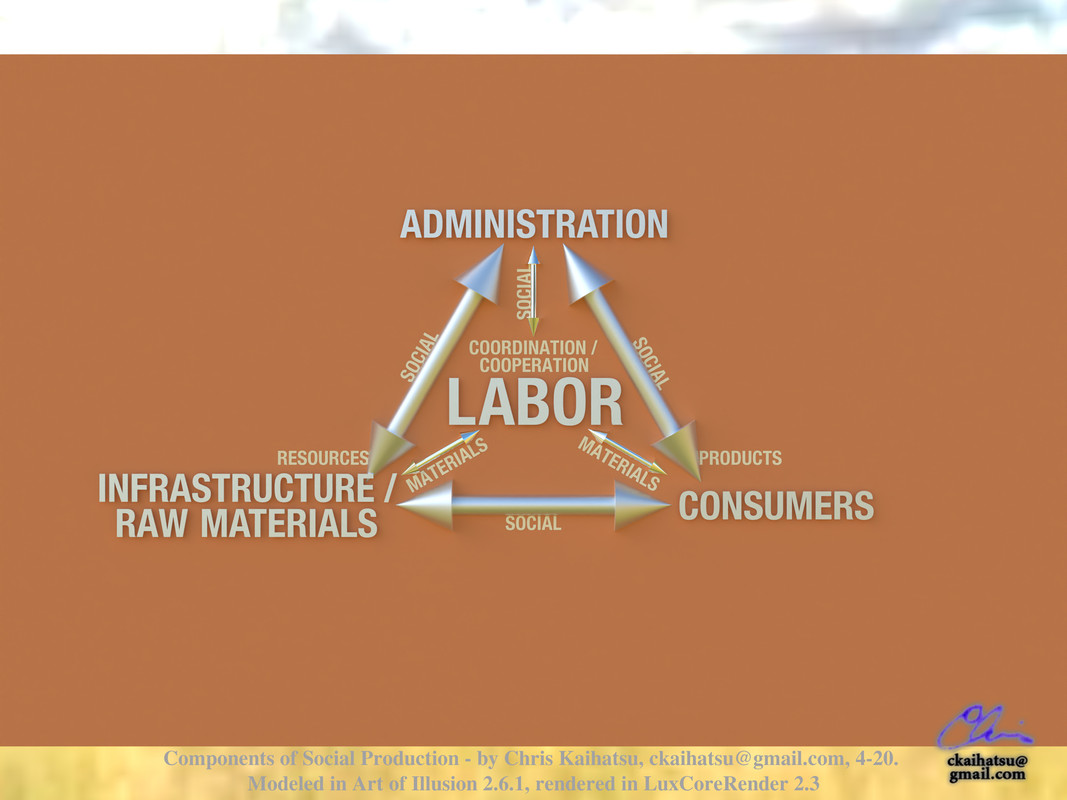


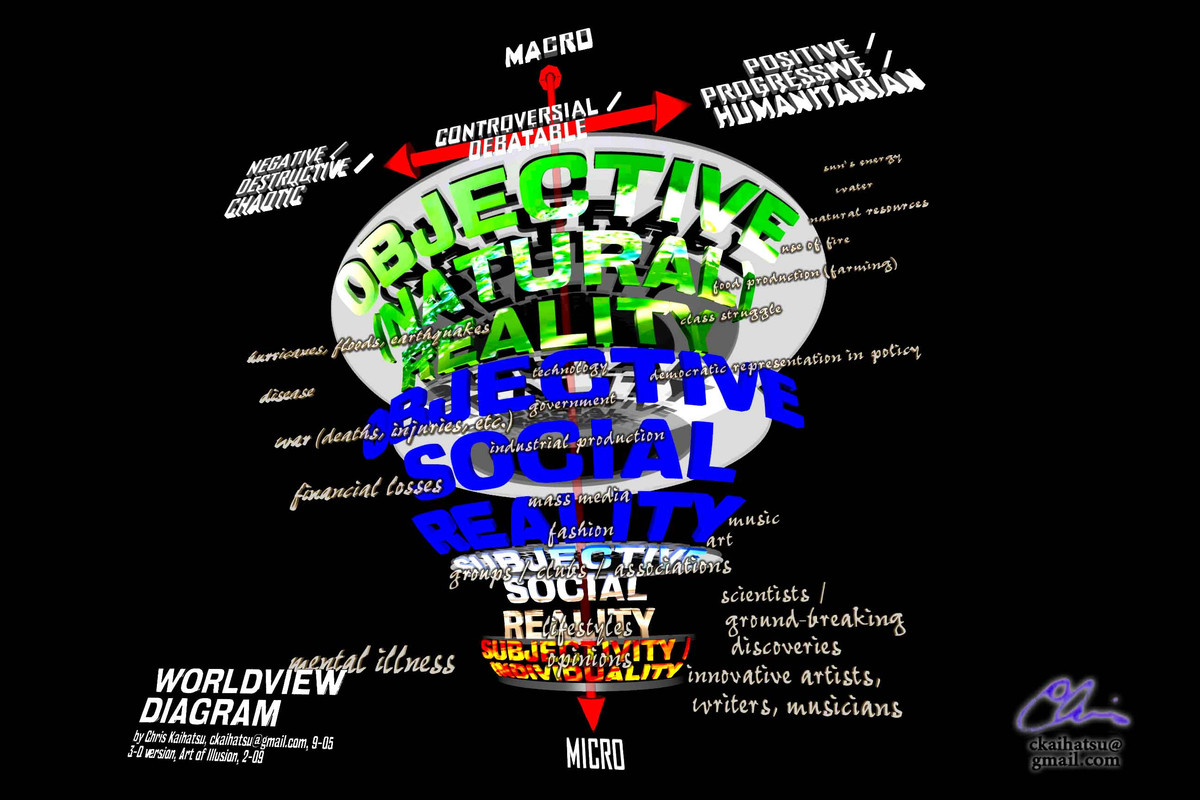
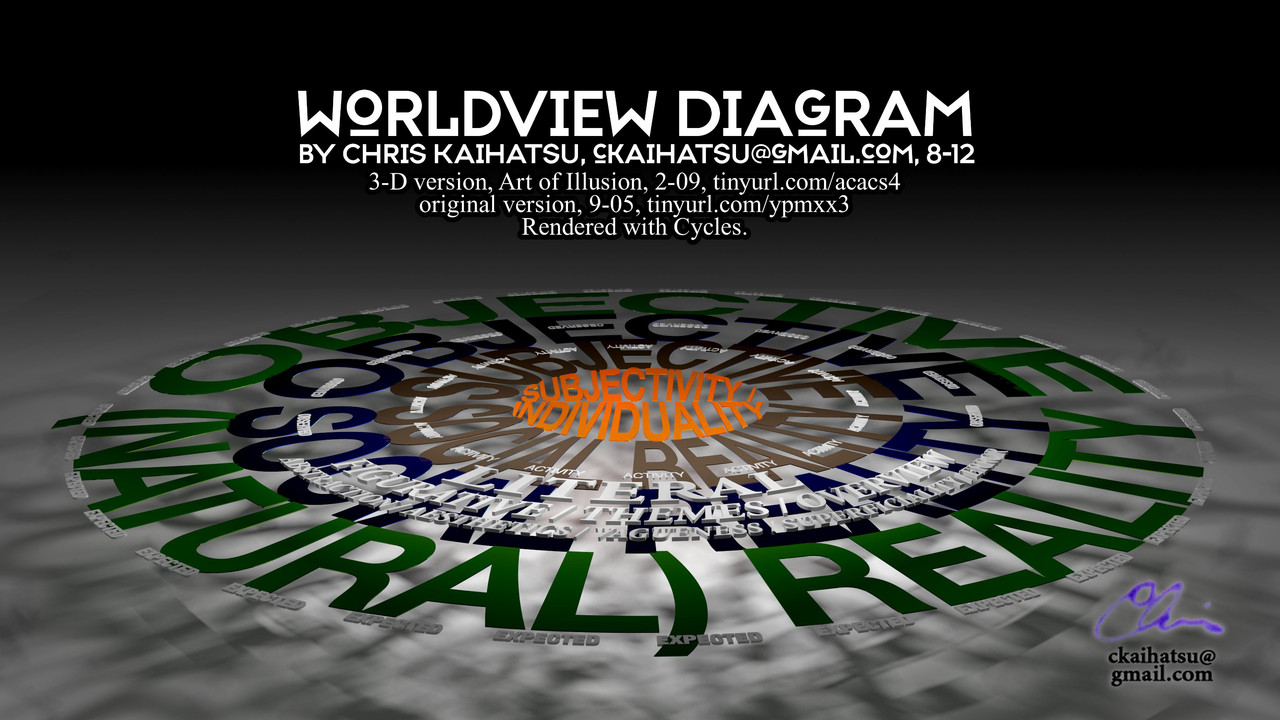
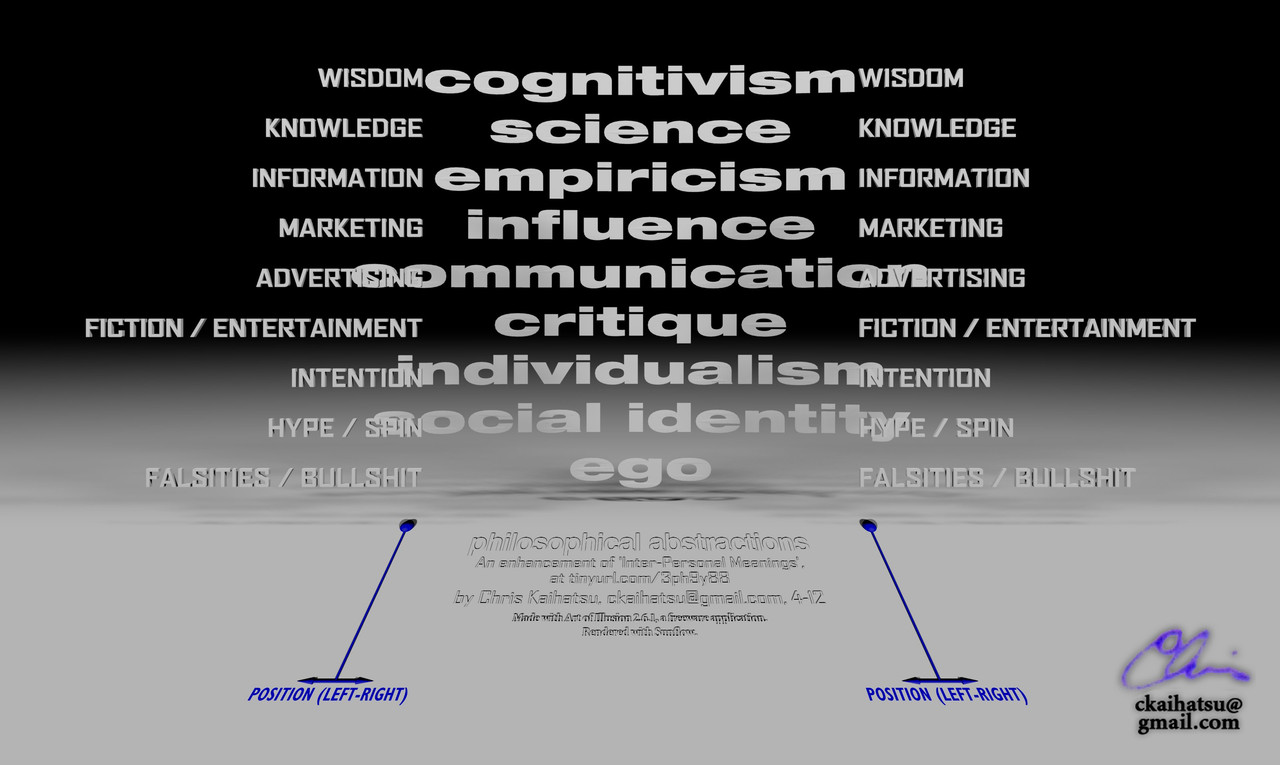
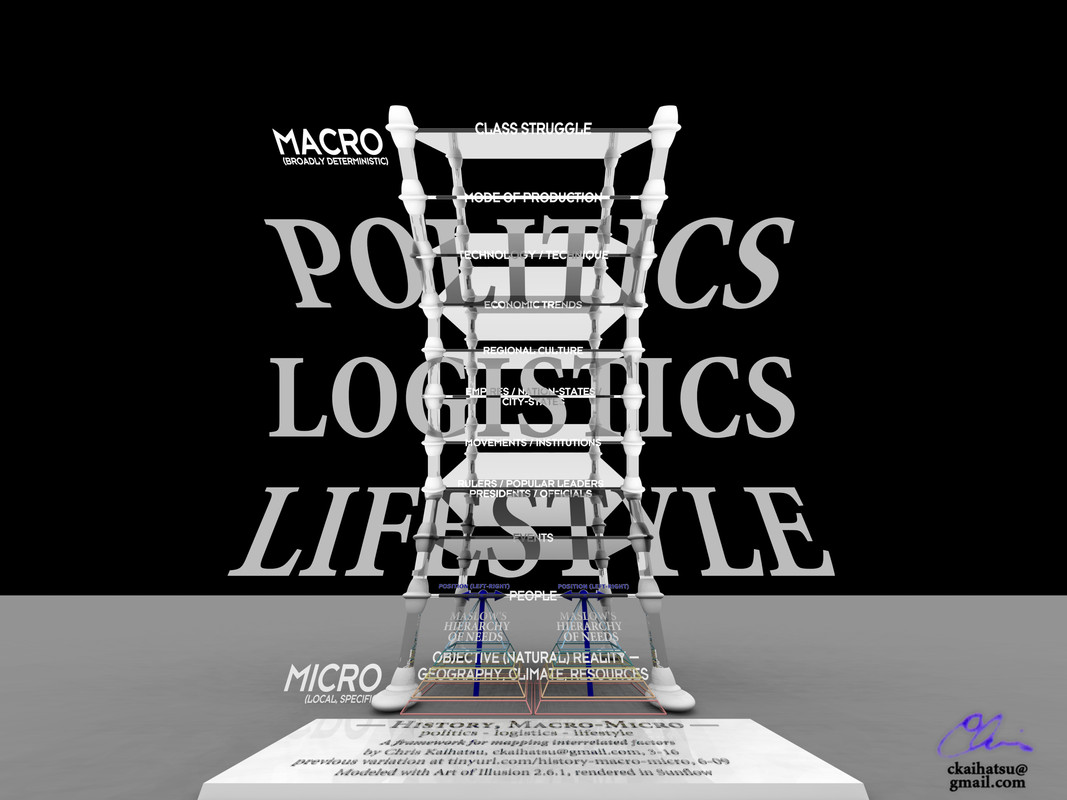
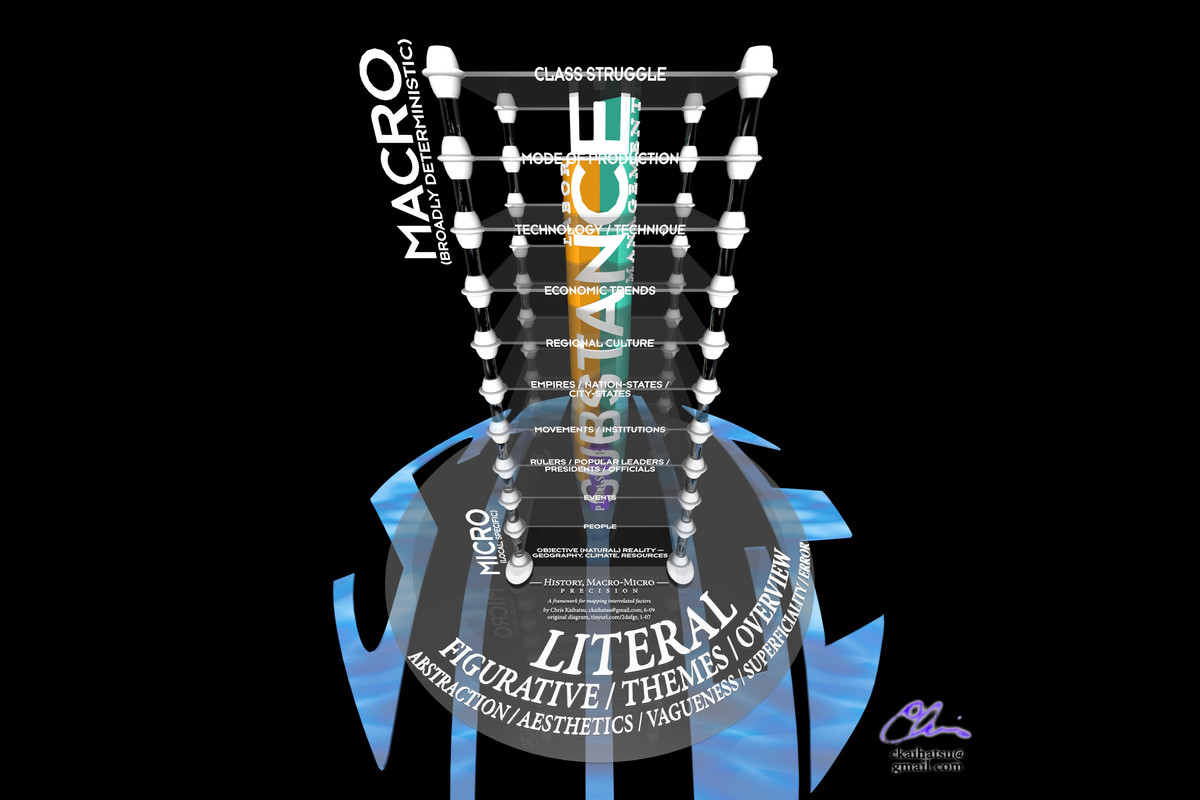
 - By Verv
- By Verv - By Pants-of-dog
- By Pants-of-dog